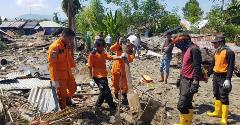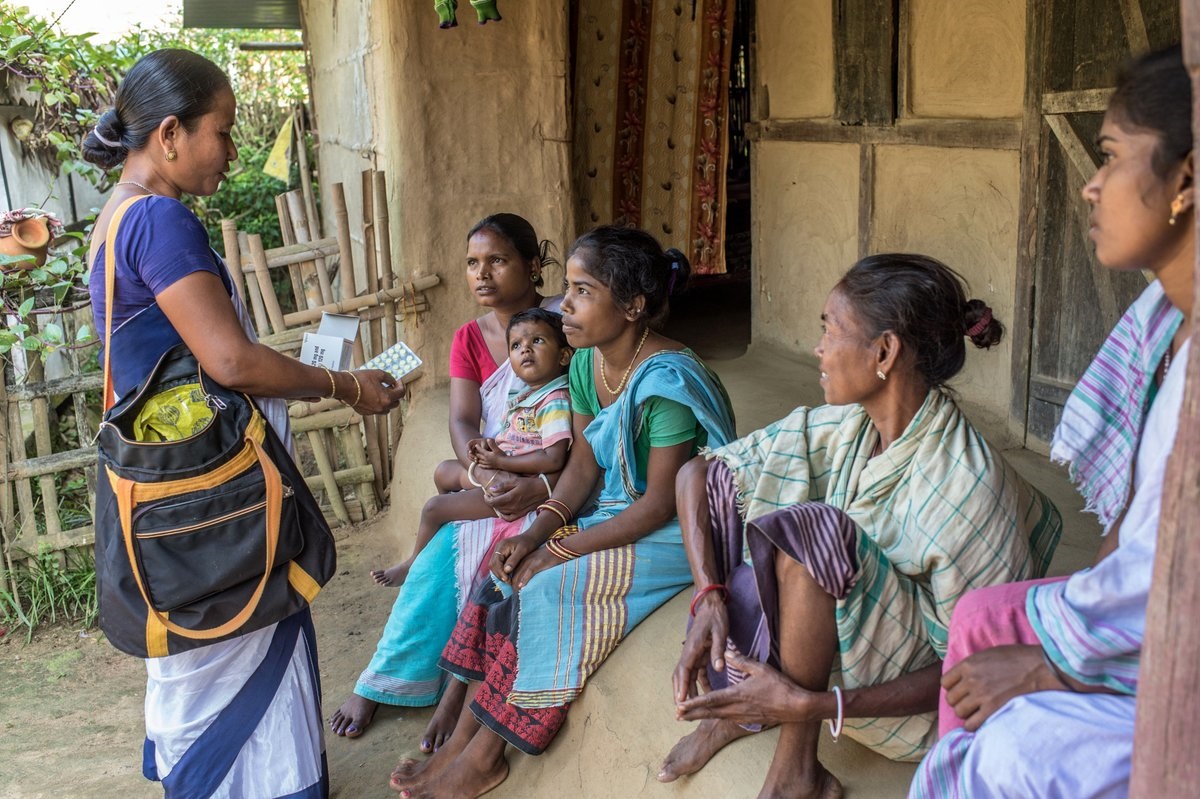Digital technologies are transforming lives, societies and businesses in all sectors across the world. However, it is yet to have the full impact possible on the health sector. To harness the boundless potential of digital health that can accelerate progress towards universal health coverage (UHC), the WHO Regional office for South-East Asia and the Government of India are co-hosting a high-level Global Conference on Digital Health ‘Taking UHC to the last citizen’ on 20–21 March, 2023 in New Delhi, India.
Leveraging India’s presidency of the G20 and the prolific actions and commitments of previous presidencies, the joint objective of the global conference is to invigorate a high-level global dialogue on the foundations of digital health for UHC – the policies, interoperability, standards, capacity, public engagement, and governance required for an impactful transformation.
The Global Conference on Digital Health for UHC
The global conference will be attended by Ministers of Health and their senior digital health delegates from 24 WHO member states, G20 member states representatives, global health development partners, philanthropies, multilateral financial institutions, health policy makers, digital health innovators and influencers and other global, regional and national stakeholders.
The opening session will be attended by Dr Mansukh Mandaviya, Hon’ble Union Minister of Health and Family Welfare, Government of India, and, Dr Poonam Khetrapal Singh, Regional Director, WHO South-East Asia Region.
Plenary sessions include global keynote speakers and reflections from government digital health officials and partner organizations. A ministerial panel discussion will also take place to gain first-hand country insights into the challenges, opportunities, and the critical success factors that can deliver a sustainable and futuristic digital health transformation.
Over the course of the two- days, sessions will discuss actions to:
- Establish a global digital mechanism for digital health architecture to support ministries of health (specifically in LMICs) and their health development partners to review and access proven digital health solutions.
- Bring into focus the key elements of a coordinated effort to address the challenges of UHC with responsive deployment of current and emerging digital technologies.
- Mitigate risks by pooling investments in developing Global digital public health goods via the creation of a pledge fund that can support resource constrained settings to build-up governance, institutional and workforce capacities, and connected digital health initiatives that would allow for new business models of service delivery on essential PHC priorities and beyond to different sectors of government and society.
- Build an institutional framework that can be positioned within the WHO governance mechanism to oversee the development of the global digital health mechanism, the common pathways of cross-border collaboration in digital health services, solutions and innovations, and the strategic management and administration of a pledge fund.
Follow the conversation online at: #DH4UHC2023







